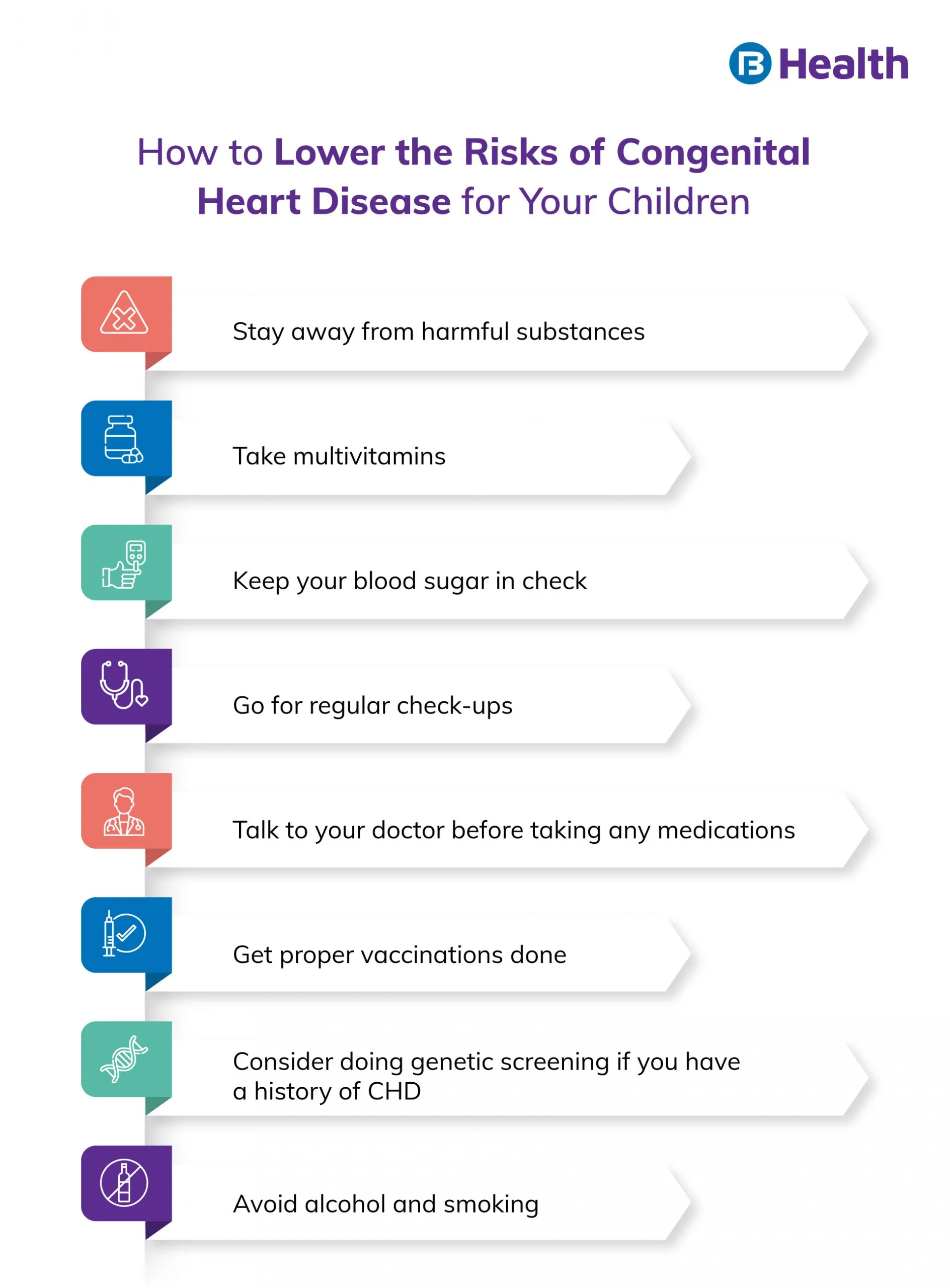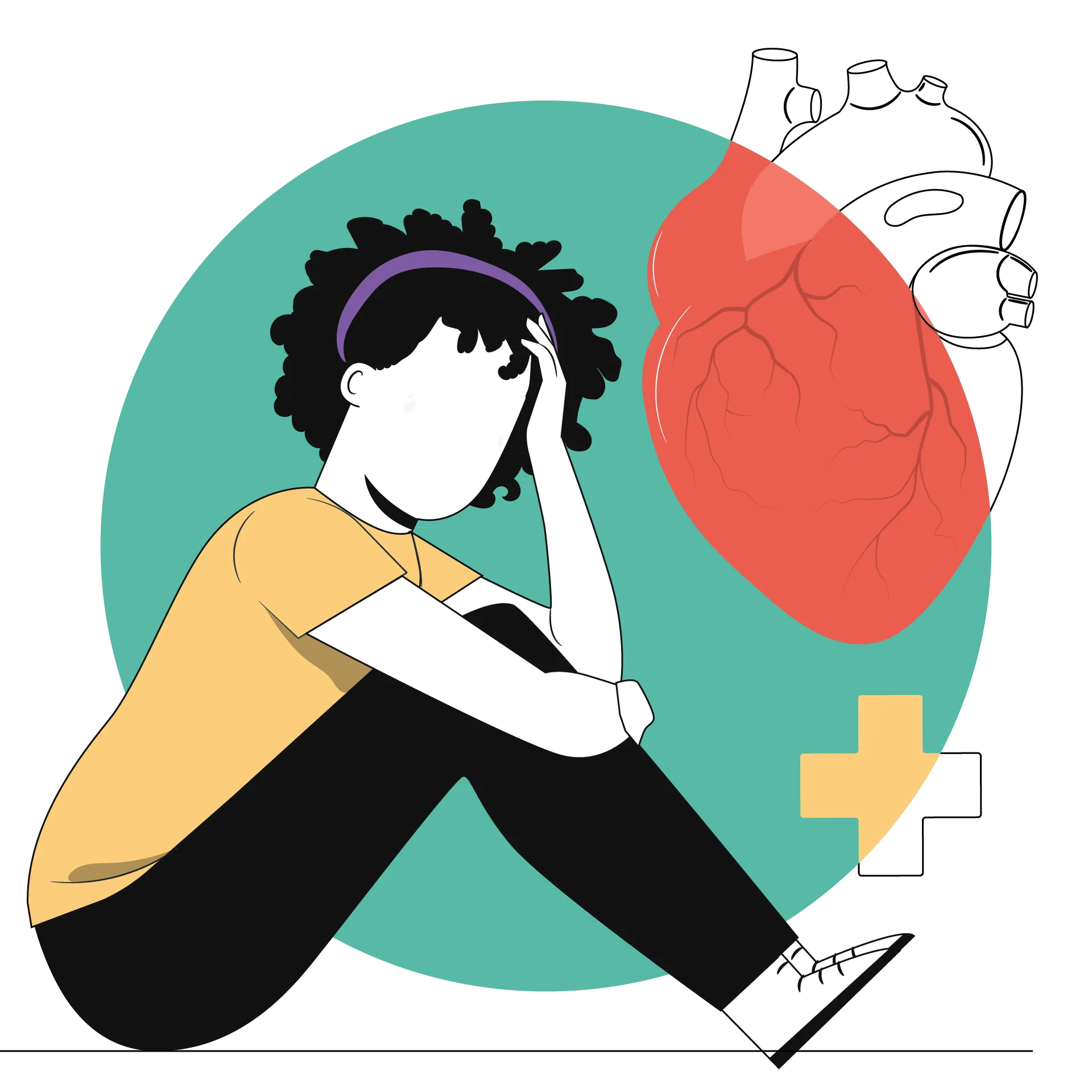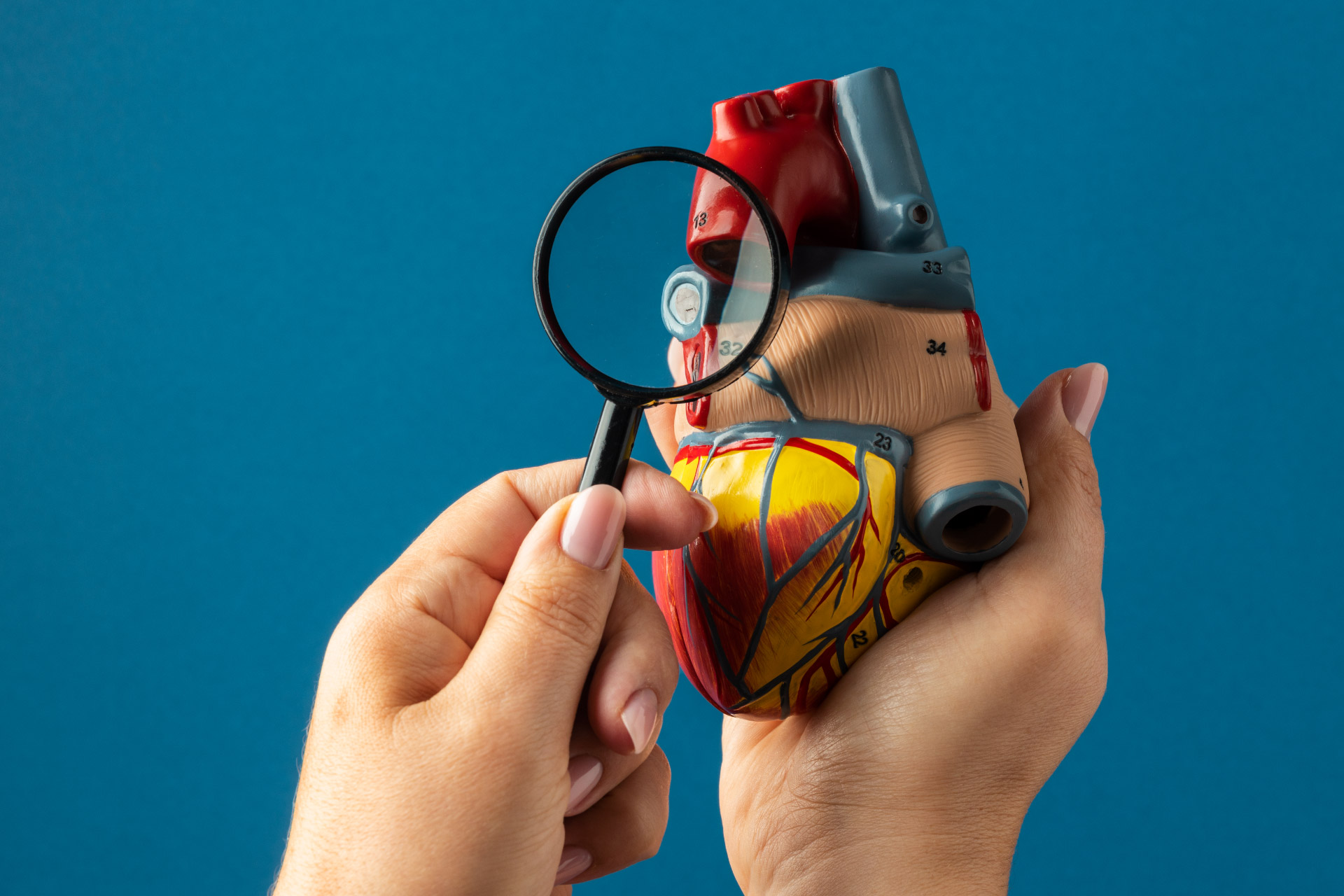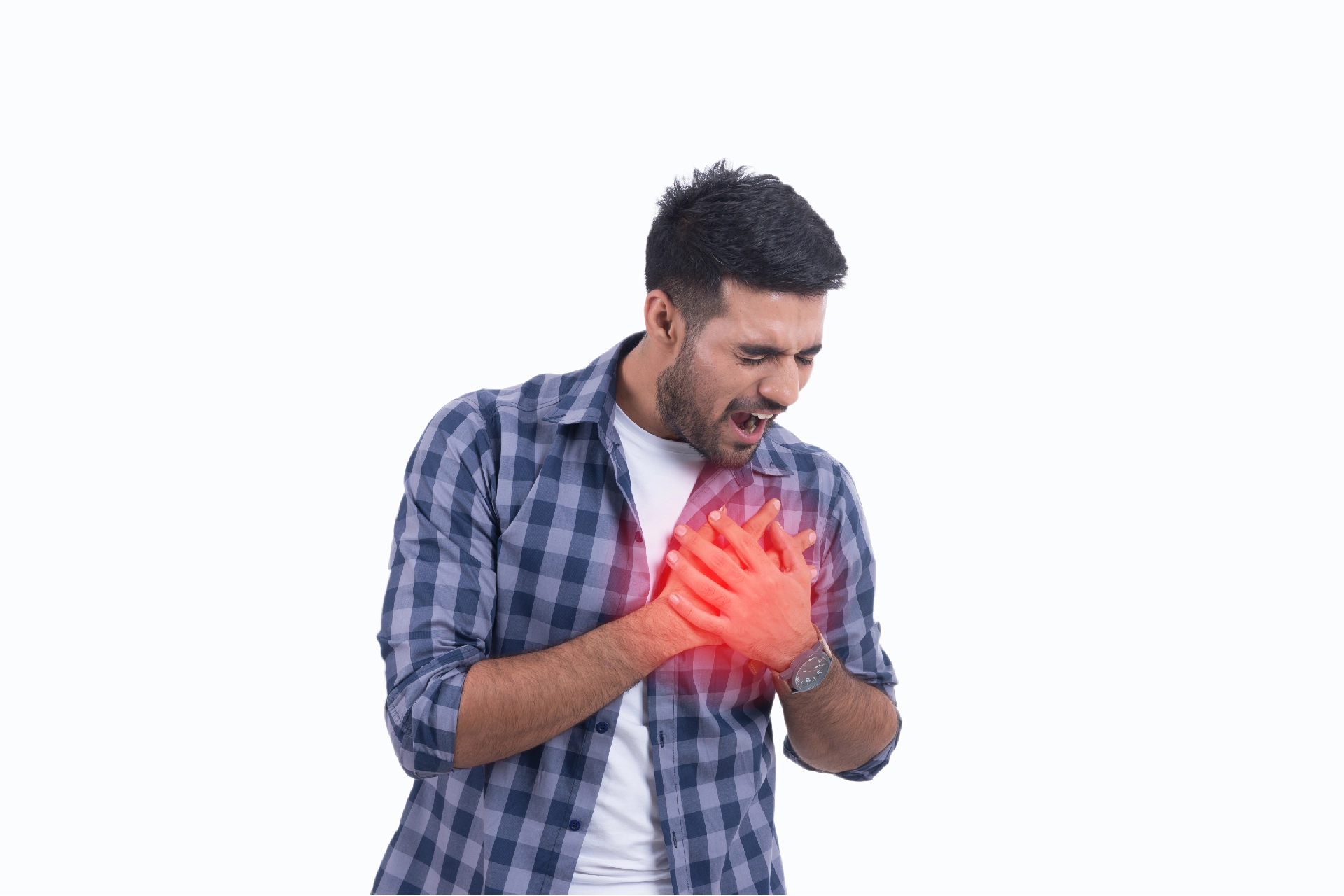Heart Health | 5 min read
Congenital Heart Disease: Types, Symptoms, and Treatments
Medically reviewed by
Table of Content
Key Takeaways
- Congenital heart disease causes a disruption in the function of a heart
- CHDs are divided in two types- cyanotic and acyanotic heart disease
- Symptoms of a congenital heart disease may even show up in adulthood
Sometimes children are born with a problem in the structures of their hearts and this is known as congenital heart disease or a congenital heart defect (CHD). CHD is one of the most common birth defects. Every year approximately over a million children are born with a heart defect [1]. This type of heart disease is usually caused by a disruption in the development of the heart [2]. There are different types of congenital heart diseases depending on how it affects the function of your heart. CHD may not have apparent severity but it may lead to a complicated condition if left untreated. The treatment for CHD may depend on the type, age, symptoms, and your general health.
Read on to know more about the treatment, symptoms, and types of congenital heart disease.
Types of congenital heart disease
CHD is mainly categorized based on the affected parts. These include:
- Heart valves
- Blood vessels
- Heart wall
Doctors mainly classify CHD into cyanotic and acyanotic heart disease. In both these conditions, the heart doesn’t pump blood in an efficient manner.
Additional Read: Heart Valve Disease- Cyanotic congenital heart disease
This type causes the blood to have a low level of oxygen. Children with this type of CHD may have a bluish tint on their skin or experience breathlessness. Some subtypes that come under cyanotic heart disease are:
- Pulmonary atresia Congenital Heart Disease
- Tetralogy of Fallot
- Tricuspid atresia
- Truncus arteriosus
- Acyanotic congenital heart disease
As opposed to cyanotic heart disease, this type does not cause a low level of oxygen in the blood but the heart pumps blood abnormally. While children do not display any symptoms, it may lead to some complications for adults. These may include conditions like high blood pressure or heart failure. In some cases, acyanotic congenital heart disease may get treated on its own [3]. However, in the cases that it does not, treatment may include surgery. Some types that come under this category are:
- Bicuspid aortic valve
- Pulmonic stenosis
- Coarctation of the aorta
- Atrial septal defect (ASD)

Symptoms
The symptoms of congenital heart diseases are different for each type. However, it may be detected during ultrasounds. If doctors notice an abnormal heartbeat in a child inside the mother’s womb, they may perform an ECG, X-Ray, or an MRI to investigate further. If they think there may be a CHD, a specialist will be available during the delivery. It is also common that the symptoms may not appear until after the birth.
Some common symptoms of CHD in newborns are as follows:
- Bluish tint on the skin including toes, fingers, or lips
- Low weight
- Fast heartbeat or breathing
- Pain in the chest
- Difficulties in feeding
- Delay in growth
Congenital heart diseases can also start showing signs only after you become an adult. In such cases, you may experience some of the following signs:
- Fatigue
- Loss of stamina
- Chest pain
- Shortness of breath
- Arrhythmia
Treatment
The treatment for congenital heart diseases begins as soon as the symptoms are seen. It depends on the types and severity of different conditions. While some defects may get treated on their own, some may require extensive or invasive treatment. Some of the treatment options are:
Heart implants
These may include implantable cardioverter defibrillators (ICD) or pacemakers. These may help treat irregular heartbeats or abnormal heart rates.
Cardiac catheterization
This procedure is performed before surgery as it does not require opening the heart and the chest. A thin tube is inserted towards the heart through the vein in the leg. It helps doctors to detect conditions like heart blockage, determine oxygen levels and pressure in different areas of the heart, and examine blood vessels. Apart from that, with a cardiac catheter, doctors can repair holes in the heart and eliminate other congenital heart defects.

Surgery
Open-heart surgery is performed when the catheter procedure does not resolve the CHD. The goal of this surgery is to repair heart valves, close holes, or widen the blood vessels.
Additional Read: Myocardial InfarctionTransplant
A heart transplant is performed when the defect is too complicated to fix. A donor’s healthy heart replaces the heart with a defect.
Medication
To help the heart work efficiently and effectively you may need to take some medication. These medicines will help control an irregular heartbeat and prevent blood clots. If you have a history of heart conditions, ensure that your diet contains the recommended fruits for heart patients. These may include berries, papaya, oranges, or cantaloupes. Consuming them can help you keep your heart in its healthiest shape.
Heart disease is easier to treat when it is detected early. Talk to your doctor if you show any signs of a heart condition. You can also book an online appointment on Bajaj Finserv Health to talk to the best cardiologists. Select from the affordable test packages available on the platform to keep track of your heart health. This way you can take proactive measures to keep your heart healthy!
References
- https://www.heart-2-heart.org/global-need
- https://www.nhs.uk/conditions/congenital-heart-disease/causes/
- https://my.clevelandclinic.org/health/diseases/21725-acyanotic-heart-disease
Disclaimer
Please note that this article is solely meant for informational purposes and Bajaj Finserv Health Limited (“BFHL”) does not shoulder any responsibility of the views/advice/information expressed/given by the writer/reviewer/originator. This article should not be considered as a substitute for any medical advice, diagnosis or treatment. Always consult with your trusted physician/qualified healthcare professional to evaluate your medical condition. The above article has been reviewed by a qualified doctor and BFHL is not responsible for any damages for any information or services provided by any third party.





